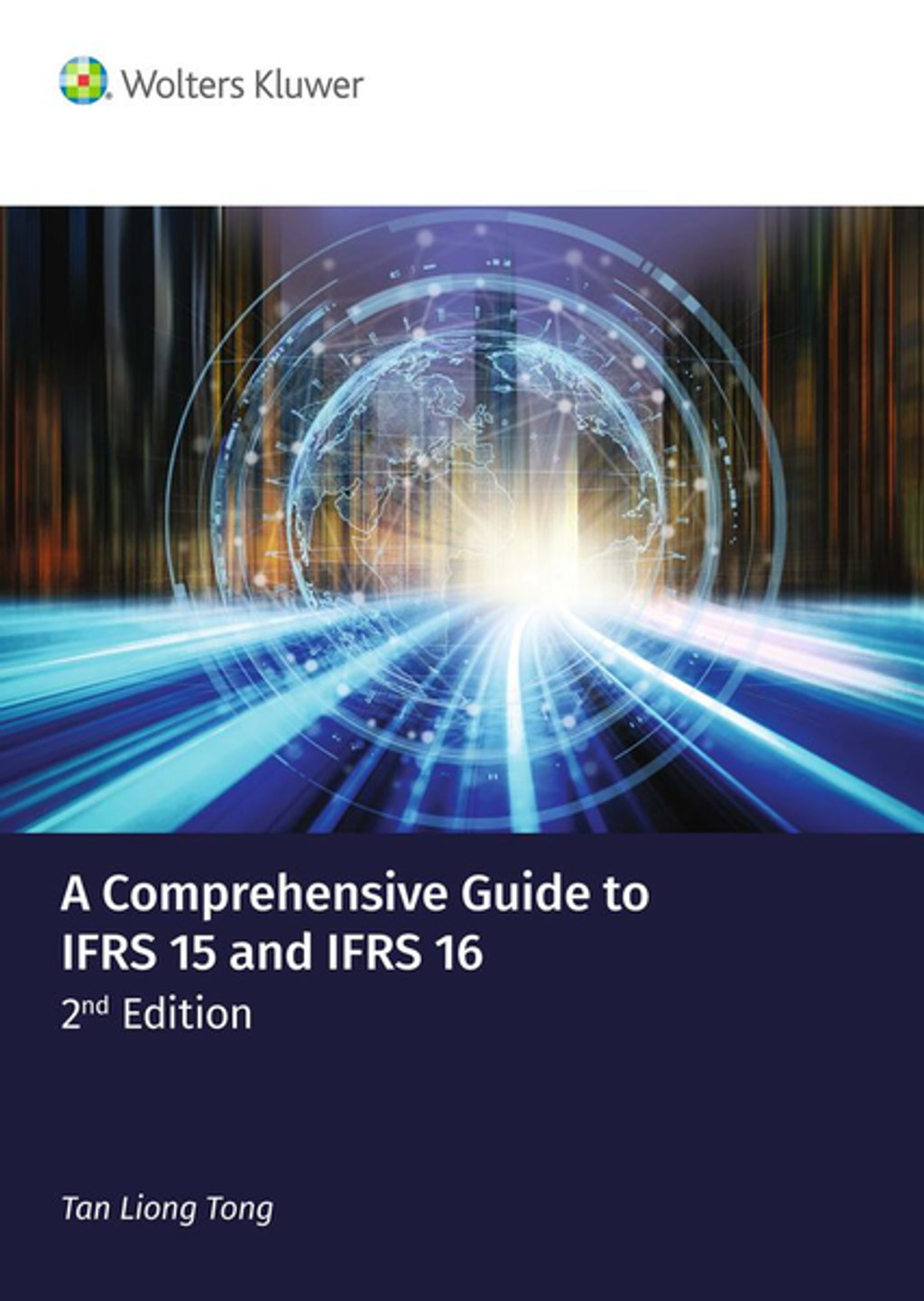A Comprehensive Guide to IFRS 15 and IFRS 16, 2nd Edition
- Regular price
- RM 205.00
- Sale price
- RM 205.00
- Regular price
-
RM 205.00
Share
Tan Liong Tong
Published: Jul 2020
IFRS 15 Revenue from Contracts with Customers is the new standard on revenue accounting that significantly impacts revenue recognition and measurement. Its implementation may also have broader implications on tax positions and key performance indicators. IFRS 15 provides clear guidance on when revenue is to be recognised, either over time or at a point in time. It also deals with the presentation of contract assets and contract liabilities and requires enhanced disclosure requirements on revenue.
IFRS 16 Leases will have a significant impact on lease accounting for lessees. This IFRS applies a new “rights and obligations” approach for lessee accounting that requires a lessee to capture all assets and liabilities in lease contracts, regardless of whether it transfers substantially all the risks and rewards incidental to ownership. Unlike the current IAS 17, which differentiates finance and operating leases, IFRS 16 no longer makes this distinction. This new approach will affect reporting entities with significant off-balance sheet operating leases accounted for under the current IAS 17. IFRS 16 also changes the definition of a lease, which may bring within its scope contracts or arrangements that were previously not accounted for as leases under the current IAS 17. IFRS 16 has also changed the accounting requirements on sale and leaseback arrangements and has provided new requirements on sublease arrangements.
These two IFRSs are inter-related since some revenue contracts with customers may contain a lease component whilst some lease contracts may contain a revenue component. In these circumstances, a reporting entity would need to apply both IFRS 15 and IFRS 16.
IFRS 15 is effective for financial statements with reporting periods beginning on or after 1 January 2018, while IFRS 16 is effective for financial statements with reporting periods beginning on or after 1 January 2019.
Topic Covered
- A Comprehensive Review of IFRS 15 Revenue from Contracts with Customers
- Sales of Goods, Licensing Arrangements and Services
- Construction Contracts and Service Concession Arrangements
- Property Development Activities
- A Comprehensive Review of IFRS 16 Leases
- Lessee Accounting
- Lessor Accounting
- Sale and Leaseback Arrangements, Sublease Arrangements, Other Issues and Transition





